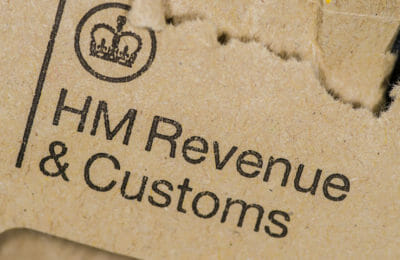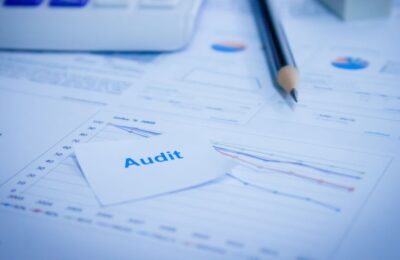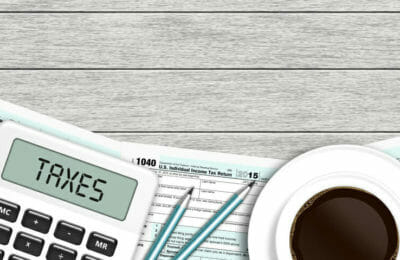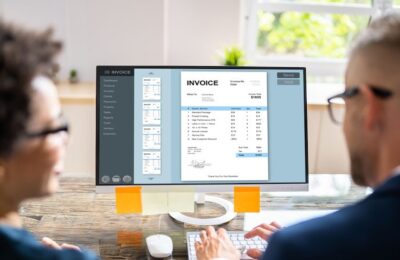In recent years, there has been an explosion in the numbers of people using online platforms to sell goods and services. Some people rent out properties to holidaymakers using Airbnb. Others carve out a niche selling new or second-hand products on eBay. Still more make an income providing takeaways using Deliveroo or by offering taxi services using Uber. However, the relationship between selling online and taxes can be a bit opaque, to say the least.
The heart of the issue is that many of the main online platforms are based in other countries, particularly the USA. As things stand, they are under no obligation to share information about their users’ income with HMRC. This means many people are likely to underreport their income from these sites.
This all changed on 1 January 2024. In a nutshell, the taxman implemented a set of rules developed by OECD. Published in a document called ‘Model Reporting Rules for Digital Platforms’, these rules provide a framework that requires online platforms to share data about sellers with tax authorities in different countries – including HMRC.
Selling online and taxes – who is affected?
The government’s consultation was focused on “digital platforms that facilitate the provision of services, such as taxi and private hire services, food delivery services, freelance work and letting of accommodation, as well as those that facilitate the sale of goods and transport rental.” In other words, it affects everyone from landlords to restaurants, freelancers to workers in the gig economy.
What was the big change?
The change forces certain online platforms to share details of their users’ income with international tax authorities. In the UK, this is HMRC. So, if you make an income of £20,343 from eBay, the platform tells the taxman the exact figure. Online platforms such as Ebay were required to report these income figures to HMRC by January 2025.
What other data do the tech platforms have to share?
As well as reporting your income, affected online platforms have to gather information that helps identify sellers, their locations and the locations of any rental accommodation. So, if you live in the UK and make income by renting out a cottage in France via Airbnb, you can expect your details to be shared not only with HMRC but also with the French tax authorities.
When did the changes to selling online and taxes come into force?
The changes to selling online and taxes came into force in January 2024. So if you sell online using major tech platforms, make sure you are reporting your income correctly. If you need any help, it’s a good idea to talk to one of our accountants. Not only can we help you report your income accurately, but we can advise you about a variety of tax reliefs that could keep your tax bill lower. So if you’re unsure about these, get in touch!
About Mark Ingle
Owner-manager business specialist, Mark Ingle is key to building relationships with clients at the Chelmsford office. “I like to see clients enterprises grow and succeed.” Mark explains, “The team here has a lot to offer and I can see a lot of new businesses responding to that.”
Having worked for accountancy practices in London and Essex, Mark has worked with a range of companies varying in size. For Mark, THP stands out for its “local firm approach with the resources of a larger practice.”
Although a keen traveller, Mark is focused on giving his clients at THP the highest service, “Right now, I aim to help the clients we have to the best of my ability which will help me attract more of the right clients in the future.”
Mark’s specialist skills:
- Annual and Management Accounts
- Tax and VAT
- Strategy and Business Planning
- Marketing and Sales
- Business Development












